By George Shea
Veterans are not just ex-warriors when they come home from war. Veterans are neighbors, friends, family members and community members. We share a common bond as civilians in the United States, but for many of us, we cannot relate to the events that our brothers in arms have experienced while serving.
This conversation can be difficult for veterans or anyone who has served, as trauma leaves recurring effects that can last years or a lifetime. At Ohio University, the Contemporary History Institute is attempting to start this conversation with veterans through the “Coming Home From War” initiative.
- Any current or former service member can participate. For more information, contact the Contemporary History Institute at conhist@ohio.edu or 740-593-0100.
This program began with Dr. Ingo Trauschweizer, in 2017. Trauschweizer, Associate Professor of History and the Director of CHI, started gathering and planning a program with fellow professors and Ohio University in order to apply for a grant from the federal government. This grant, awarded by the National Endowment for the Humanities, is centered around an NEH program called Dialogues on the Experience of War, which was created as part of the Standing Together initiative emphasizing innovative ways where the humanities can help veterans and communities. The program awards grants to universities around the country who plan programs that support the study and discussion of war.
Out of 77 schools that applied, OHIO was one of seven schools to receive an $80,000 grant to initiate a program that conducts a humanities-based discussion, and four of those schools to receive the grant are located in Ohio.
“CHI was a perfect institution to start a program,” says Adam Givens, a Ph.D. candidate in History and the graduate assistant for the program.
“It’s a hub for faculty (the CHI) with some of the infrastructure we have,” adds Trauschweizer, “We started brainstorming what theme one would use with the experience of war, and we came up with Coming Home From War as the focus.”
With the help of Dr. Nukhet Sandal, Associate Professor of Political Science and Director of Global Studies, and David Edwards, Director of Veterans and Military Student Services, Trauschweizer started laying the foundation for the program to start. He assembled a group of 10 OHIO professors and two external consultants to start organizing specific classes tailored toward different aspects of the humanities.
Students, Some of Them Veterans, Play Role
Also taking part in this program is group a 10 undergraduate and graduate students, six of them veterans themselves. They are a diverse mix of students coming from different backgrounds, majors and branches of the military.
“When we’re talking about coming home from war, they’re veterans sure, but now they’re civilians,” says Tiberius Thompson, a U.S. Air Force veteran obtaining his fourth degree in adolescent to young adult integrated social studies. “They may have veteran experience, combat experience, they may not have combat experience and they may be veterans who served. It doesn’t mean that they can’t have challenges in their life and that there shouldn’t be resources available for them to do so.”
This fall, the group of students are participating in weekly classes that cover a wide-range of topics covering various works of arts, literature and film. These classes also involve discussions on psychology and mental health. Through these classes, the students participating in this program will be using the various works of arts to have a discussion on how they can relate to veterans through different means instead of just asking veterans about their war experiences. With the classes, they are allowing the students to learn different methods through each class in order to break it down to essentially form their own seminars, where groups of students will be leading these sessions in the spring.
“It’s very wide ranging,” adds Mike Martin, a U.S. Marines Corps veteran and work study student at the Military & Veterans Student Services at OHIO. “It’s official but it isn’t. It’s not like we’re certified in you know, psychology or anything, we’re talking. It’s talking about coming home from war.”
Starting the Conversation about Trauma
Starting the conversation about the trauma that one may experience within their life and the lasting affects that occur is the goal. “Coming Home From War” is working toward creating a space for any veteran to talk to one another in a comfortable environment about their personal experience when arriving back home. Through incorporating works from the humanities, it allows this program to examine how people talked about the realities of war, whether it be the gruesomeness of war or the reaction that some veterans faced coming, through poems, books, music and art.
The program will have three, two-hour sessions over a six-week period, with these sessions starting in January and continuing on through the start of March. The first session will be Jan. 21-25, the second Feb. 4-8, and third Feb. 25-March 1. In each of these sessions, veterans will have the opportunity to attend the program one evening of the following dates. Throughout the program, there will be numerous public events discussing some of the topics of war. There will be a fine arts production of a stage reading of Ajax, the Greek tragedy by Socrates. Additionally, a screening and discussion of an episode of the Ken Burns and Lynn Novak documentary The Vietnam War in early March. There will be an end of the program keynote session with David Finkel, a Washington Post journalist who has won a Pulitzer Prize for his reporting on war, and the lives of soldiers and veterans in early April.
“What I’ve been seeing already is amazing,” says Caitlin Bentley, a Ph.D. candidate studying Military History. “We’re there to help throw out ideas every now and then that might spark something interesting or add a little context, but it’s really trying to create a space where veterans can once again engage with their community and hangout with people with some shared experiences.”
Using these pieces allows for a furthered discussion in the seminars about each veteran’s experience, if they want to talk about it. For some veterans, it’s extremely difficult to talk about these types of conversations, but this program wants to support veterans by providing a space to try talk.
“I think what’s neat about the idea with this is that its looking at if communities can foster help for veterans dealing with coming home,” says Rye Bennett, a U.S. Army veteran and a Graduate Student at the Military & Veterans Students Services at OHIO, “It’s veterans talking to veterans, that’s the idea behind it.”
Athens and Ohio University have an extremely rich and extensive affiliation with the armed forces. In college green, the Soldiers and Sailors Monument was erected in 1893 as a memorial to more than 2,000 residents of Athens who served in the Civil War. When Templeton Blackburn Memorial Auditorium was built in 1916, one aspect behind the building of it was to honor the eight Ohio University students who died in World War I. As the years passed by, it grew to become more of a memorial to all of those who have served their country in an honorable way. In 1935, the Army Reserve Officer Training Corps (ROTC) was approved by the Department of the Army and in 1949, the Air Force ROTC was created as a separate department at OHIO.
“The fact of the matter is the Athens community has had a strong affiliation for the military and in serving,” says Edwards, “We don’t want this current generation to forget that rich history of Athens and Ohio University. The fact that we have people from the community that are serving and have chosen to serve is all I need to know to support them and hope they come back.”
“Coming Home From War” involves sharing different stories through the humanities and relating these stories to the veterans, but supporting them as well. The discussions and conversations cover dealing with coming back home and discussing the trauma that occurred, as trauma can come in different forms, whether one has faced combat or not. The groups want to hear the experiences, and hopefully show how the humanities, through the literature, films and art, can help veterans. There’s high hopes that this program can be a beginning for future relations and conversations with veterans in the community.
“I really hope that the veterans will feel that OU is not just a place that has students and academia, but its also a university that’s community based as well and that if there are services and programs7 open to the public, we mean that,” adds Heather Salazar, Ph.D. candidate studying Military History. “It’s a community here.”
“Coming Home From War” is much more than just a program for those who have served to receive support. It can take an event that can be for some a traumatic time, and give them the opportunity to express to others the events they experienced. Almost as important, it is an opportunity for a community to show that it is fully behind its veterans and is willing to start the conversation about coming home.


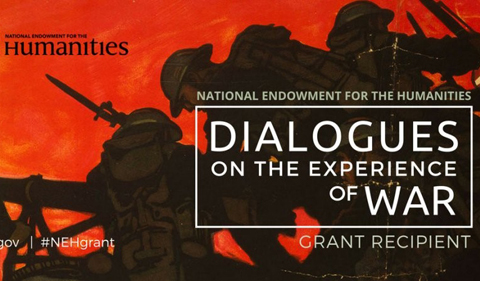
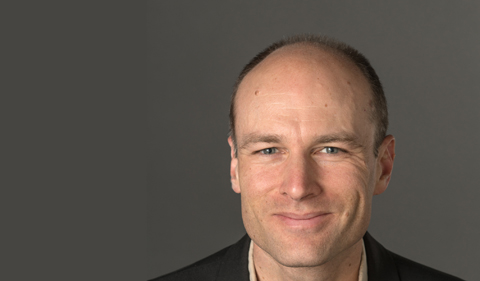
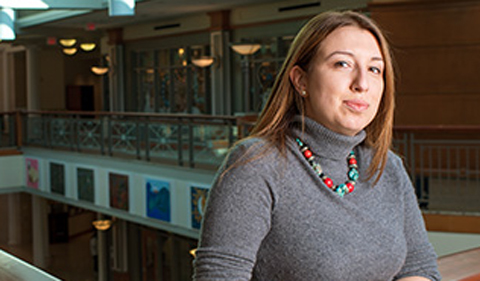
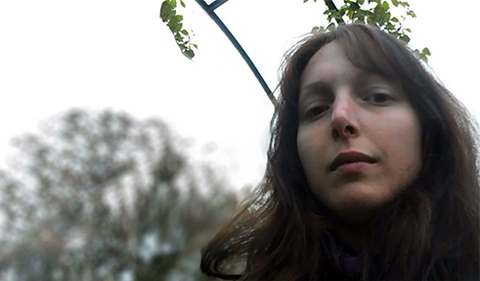
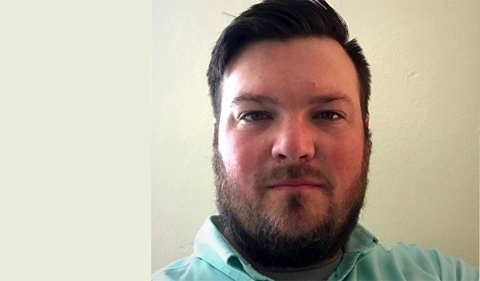
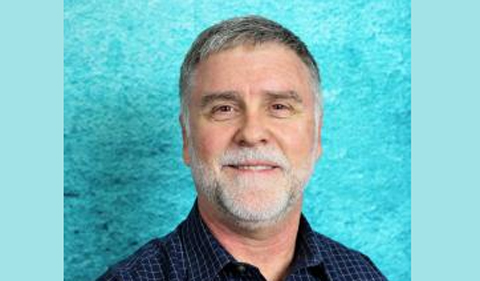

















One Comment